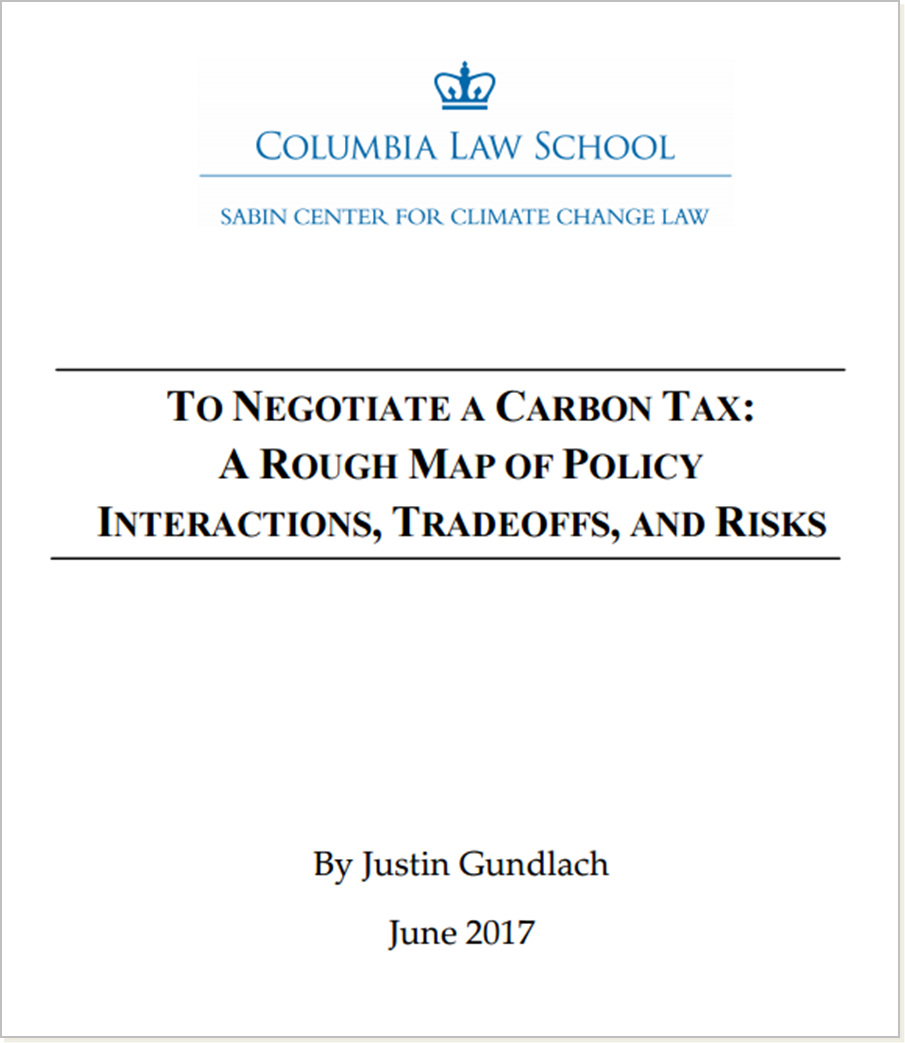Laura Mulry
Fellow
Implementation of California’s landmark Global Warming Solutions Act of 2006 was recently placed on hold, putting its 2012 start date in doubt following a California Superior Court decision. The law, which California voters defended in rejecting referendum 23, is now facing a major setback from environmental justice groups who say the bill will not demand enough from polluters.
The Petitioners in the case include environmental justice groups representing lower-income communities largely in Southern California, and the Association of Irritated Residents, a central-valley based group who in the last few years have sought relief on environmental matters in over a dozen cases. They argue that the California Air Resources Board (“CARB”) violated its duty under the law by treating its Scoping Plan as a post-hoc rationalization for CARB’s already chosen policy approaches. They are concerned with this because they believe cap-and-trade would allow refining companies and others to continue to emit pollutants while lowering their carbon output indirectly through a carbon market. However, the court did not address the environmental justice concerns, instead focusing on an economic policy dispute: whether a carbon market or a carbon tax would be more effective and whether CARB analyzed this question adequately under the law.
In the 36 page ruling, Judge Ernest Goldsmith held that CARB failed to comply with the California Environmental Quality Act (“CEQA”), the state’s equivalent of the National Environmental Policy Act, by failing to conduct an adequate environmental review of its implementation decisions under CEQA, in addition to the agency’s own certified regulatory program under A.B. 32. Judge Goldsmith found that CARB failed to adequately consider, describe, and analyze alternatives to the cap-and-trade program (such as a direct carbon tax) in its Scoping Plan, and improperly began implementing the Scoping Plan measures before its CEQA process was complete. In analyzing the Scoping Plan, the judge wrote:
“Most notably, the scoping plan fails to provide meaningful information or discussion about the carbon fee (or carbon tax) alternative in the scant two paragraphs devoted to this important alternative. The brief fifteen line reference to the carbon fee alternative consists almost entirely of bare conclusions justifying the cap and trade decision. Informative analysis is absent. (C)ARB fails to describe what a carbon fee program consists of, how fees or taxes are established, criteria for setting the amounts, what the California, United States and worldwide experience has been, how it is administered and by whom, what are the alternatives for use of the revenue and what sectors of the economy it should be considered for, or not, and why.”
The order stated that CARB must set aside its certification of its Functional Equivalent Document (the “FED” was prepared by CARB to evaluate the environmental consequences associated with its Scoping Plan) and enjoined any further implementation of the measures contained in the Scoping Plan until after CARB has come into complete compliance with its obligations under its regulatory program and CEQA (the judge will later specify whether CARB will have to completely redo their CEQA analysis or only some parts) .
Judge Goldsmith’s order affects many rulemakings under the Scoping Plan including the state’s low-carbon fuel standard, and a 33 percent renewable portfolio standard for electricity by 2020. Most notably, CARB’s cap-and-trade regulation may be affected. CARB adopted a draft version of the cap-and-trade regulation last October and the agency had a year to finalize the rule. If the agency fails to vote on cap-and-trade this October, which could happen if they must redo the CEQA analysis, CARB will likely have to reopen another lengthy public comment process. This could happen all the while when CARB needs to be working on finalizing the cap-and-trade system’s key aspects such as how to deal with revenue from carbon credit auctions, how many allowances to give electric utilities, and what percentage of the greenhouse gas cap could be met with offsets. If these loose ends are not tied up by October, the greenhouse gas regulations set to go live on Jan. 1, 2012 will be an untenable goal.
A more positive outlook on this case comes from Alice Kaswan, an environmental law professor at the University of San Francisco, who suggests that CARB may now have to modify its cap-and-trade design to better maximize co-pollutant reduction benefits and modify its strict market-based approach. For instance, CARB might decide to impose a stricter limit on the number of allowable offsets to get more reductions directly from regulated sources, and/or in the industrial sector it might emphasize efficiency improvements in order to achieve greenhouse gas reductions with more concrete benefits. Kaswan argues that a new CEQA analysis, especially one no longer under the aegis of Governor Schwarzenegger’s focus on market mechanisms, could bring an unanticipated policy shift towards an alternative cap-and-trade design.
CARB plans to appeal the Goldsmith order, and likely seek a stay of the injunction preventing the Scoping Plan from going into effect. In the meantime, CARB officials claim they conducted a more extensive study of alternatives but then failed to include that analysis in the rulemaking last year, which, if valid could potentially complete some of the work required by the judge. CARB has said when it appeals it will present a 500-page document to bolster its contention that it went through a thorough consideration of a carbon tax.
California is the world’s sixth biggest economy, and CARB’s cap-and-trade system, when fully implemented in 2015, would place an overall limit on the emissions from sources responsible for 85% of California’s greenhouse gas emissions. However, the resolution of this case has implications not only for California’s climate regulations, but also for the country at large. California’s experience will help guide similar efforts across the country, including in Massachusetts, which in 2008 passed its own Global Warming Solutions Act.




